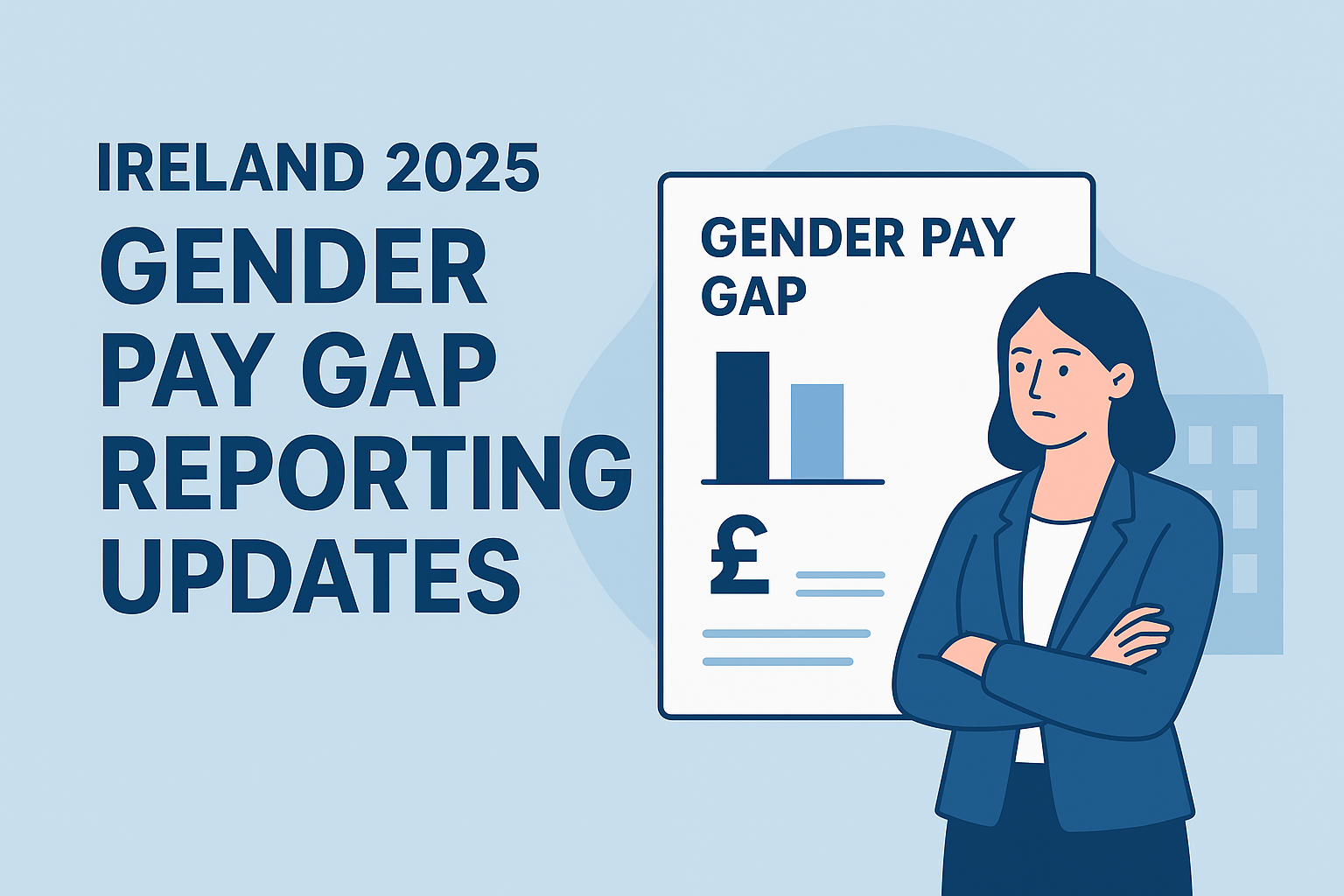It has now been a year since the most significant overhaul of Ireland’s employment permit system, which took effect on 2 September 2024. The Employment Permits Act 2024 repealed and replaced the 2003 and 2006 Acts (the 2014 Act), aiming to bring greater clarity to a complex area while enhancing flexibility for employers and foreign nationals alike.
Among the key changes was the reframing of the long-standing 50:50 Rule, a central feature of Ireland’s employment permit regime that continues to influence how businesses recruit non-EEA nationals.
This article explains the 50:50 Rule, outlines the changes introduced under the 2024 Act, and considers what they mean in practice for employers.
The 50:50 Rule – Balancing the Workforce
The 50:50 Rule requires that at least half of an employer’s workforce in Ireland must be EEA, UK or Swiss nationals before an employment permit can be granted. The purpose of the Rule is to maintain a balance between local and non-EEA recruitment and to uphold Ireland’s EU-level obligations regarding labour market access.
The 50:50 Rule applies to:
- employers established in Ireland;
- Irish branches of foreign companies; and
- contractors or client companies in contract-for-services arrangements.
Importantly, the calculation includes all employees physically based in Ireland, regardless of:
- whether they work full-time or part-time;
- their immigration status; or
- their nationality.
This makes it essential for HR and management teams to maintain accurate and up-to-date workforce data when preparing permit applications.
Targeted Exceptions Introduced by the 2024 Act
While the 50:50 Rule remains a cornerstone of the system, the 2024 Act introduced limited exceptions allowing the Department of Enterprise, Trade and Employment (the DETE) to issue employment permits where the 50:50 Rule is not fully met. These exceptions are designed to support early-stage and single-employee operations without undermining the principle of workforce balance.
Start-Up Companies: A start-up company registered with Revenue as an employer for less than two years may qualify for an exception, provided it holds a letter of support from Enterprise Ireland or IDA Ireland confirming client status. Where the start-up has not yet achieved the 50% threshold, DETE may grant a one-year employment permit, subject to evidence of progress towards compliance. Renewals will normally require full adherence to the 50:50 Rule.
Companies with No Employees: An employer with no existing employees may also qualify where the permit holder will be the sole employee. This exception may continue at renewal, provided the individual remains the only employee. Once the company seeks to hire additional staff, however, the 50:50 Rule will apply.
Historical Permits (Pre-October 2014): Permits originally issued before 1 October 2014 remain outside the scope of the 50:50 Rule. Any subsequent renewals or variations of those permits continue to benefit from this exemption.
Compliance and Risk Management
Although the 2014 Act does not impose direct penalties for breaching the 50:50 threshold, employers must exercise care and accuracy when reporting workforce percentages in permit applications. Under Section 56 of the 2024 Act, it is an offence to knowingly or recklessly provide false, misleading, or materially inaccurate information in an employment permit application. Inaccurate reporting of workforce ratios – whether intentional or careless – can therefore expose employers to:
- Regulatory investigation, including potential scrutiny by the Workplace Relations Commission (WRC);
- Criminal prosecution, with penalties of up to €50,000 in fines and/or five years’ imprisonment; and
- Revocation of permits, where the Minister determines that the information supplied was false or misleading.
In practice, this means HR and compliance teams must ensure that:
- workforce data is verified at the time of each application;
- group structures and branches are properly identified; and
- any changes in headcount or employee status are promptly updated.
Robust internal tracking of employee nationality and location will help mitigate risk and demonstrate due diligence in the event of audit or investigation.
Employer Spotlight
- The 50:50 Rule remains in full force for most employers, despite the 2024 Act’s limited exemptions.
- Exceptions are narrowly drawn and mainly benefit early-stage or single-employee entities.
- All employees physically working in Ireland are counted in the calculation, regardless of nationality or hours.
- Employers must maintain accurate workforce data and be cautious when reporting ratios to DETE.
- False or misleading applications may result in criminal and regulatory sanctions.
As Ireland’s employment landscape continues to evolve, the 50:50 Rule remains a clear benchmark for lawful recruitment of overseas workers. Employers who understand and proactively manage compliance under the 2024 Act will be best placed to secure permits efficiently, minimise risk, and maintain a trusted standing with the DETE for any future applications or renewals. The message is clear: monitor, document, and stay compliant.
This article drafted by Gloria Malandra (Trainee Solicitor).










